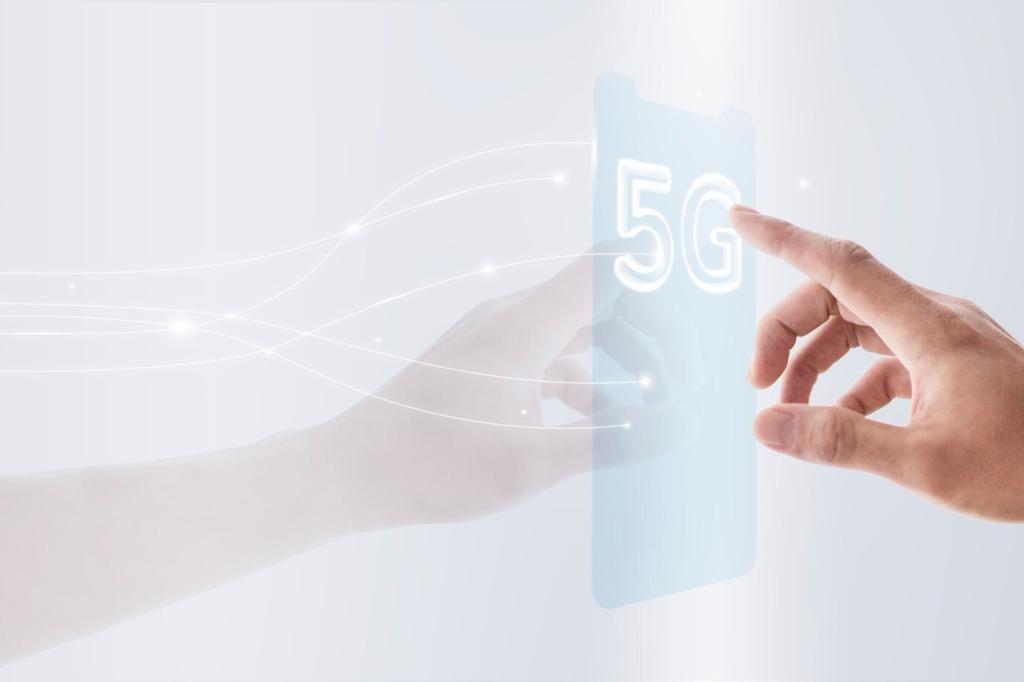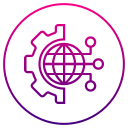
Reimagining Waste: Digitalization in Waste Management
Chosen theme: Digitalization in Waste Management. Discover how sensors, data platforms, AI, and citizen apps transform messy waste streams into transparent, efficient, circular systems. Share your challenges, ask questions in the comments, and subscribe for field-tested case studies and practical playbooks.
Smart Bins, Clear Signals
IoT that hears overflowing bins before neighbors do
Ultrasonic fill sensors, tilt alerts, and temperature probes speak up long before complaints arrive. In one seaside district, micro-collections triggered by real-time data prevented weekend overflows and gull raids. Have you trialed sensors on high-traffic corners? Tell us what changed and where the biggest surprises appeared.
Edge analytics that turn raw noise into useful nudges
Low-power devices process patterns at the lid, flagging unusual fills or sudden heat spikes without flooding dashboards. Fewer false alarms mean crews trust the system. Want our checklist for tuning thresholds by season and event schedules? Subscribe and we will send the complete calibration guide.
Community alerts that invite action, not blame
SMS and app notifications can nudge residents to shift set-out times or stop contamination, but tone matters. Friendly prompts outperform warnings. Share your best-performing messages or phrases you retired. We will compile a community-tested library to help others get engagement right.
AI Routing That Saves Miles and Tempers
Machine learning reads historic delays, school hours, festivals, and construction maps to redraw tomorrow’s route. Instead of rigid loops, trucks glide where demand actually is. What local variables derail your mornings most often? Comment below, and we will model them in a future tutorial.


AI Routing That Saves Miles and Tempers
Telematics and vibration signatures forecast when compactors or lifters need attention. Fixing issues before dawn saves overtime and tempers. Curious which sensor streams matter most for small fleets? Subscribe to receive our starter schema and a sample anomaly dashboard configuration.

Sorting Smarter: Vision, Robotics, and Learning
Multispectral vision identifies plastics by polymer type, flags food contamination, and counts misthrows with repeatable accuracy. One plant manager joked the system finally settled the great ‘Is that PP or PET?’ debate. What contaminants plague your line most? Tell us and we will share targeted training datasets.
Traceability and Trust Across the Chain
QRs, RFID, and secure ledgers record who handled what, when, and where. Clear custody reduces disputes and contamination claims. If you have struggled to reconcile weighbridge tickets with invoices, share the pain points; we will publish a step-by-step matching playbook.
Traceability and Trust Across the Chain
Automated aggregation aligns materials, producers, and destinations, simplifying extended producer responsibility reporting. Less copy-paste, more accountability. Want our mapping between common material codes and reporting categories? Subscribe and we will send the reference sheet and validator rules.



Apps that speak the language of your fridge
Barcode lookups, image sorting aid, and localized rules reduce confusion at the kitchen counter. A parent shared how the app turned ‘recycling police’ moments into teachable games. What feature would make it indispensable for your household? Suggest it and join our beta group.

Transparent incentives without stigma
Pay-as-you-throw, rebates, and deposit returns work when dashboards show progress kindly and clearly. Neighbors compete on pride, not shame. If you have tried gamified goals, tell us what actually moved the needle; we will compile a playbook of ethical nudges that respect dignity.

Inclusive communication for every resident
Multilingual content, large fonts, and offline options matter as much as algorithms. Door tags with QR codes helped one building overcome chronic contamination. Share accessibility tips that worked in your community, and we will spotlight them so more cities adopt inclusive practices.
Data Governance, Security, and Standards
Common data models for bins, lifts, routes, and materials prevent lock-in and painful migrations. When fields line up, innovation accelerates. What fields are missing from your current schema? Drop a list, and we will propose an open, vendor-neutral extension for community review.
Data Governance, Security, and Standards
Anonymization, minimization, and clear retention policies protect residents while preserving operational insight. You can measure streets, not people. If you are drafting a DPIA, subscribe for templates and a checklist of typical risks in waste telemetry and camera deployments.

From Pilots to Citywide Scale
Frame bids around measurable results—missed pickups reduced, contamination rates cut, emissions avoided—so vendors compete on value, not jargon. Curious how to write those clauses? Subscribe for sample RFP language and scoring rubrics tested in real municipal procurements.
From Pilots to Citywide Scale
Veteran drivers and sorters know the city’s quirks; digital tools should amplify that wisdom. Peer-led training and ride-alongs build trust. Tell us what training format your crews prefer, and we will share curricula that stick without pulling people off the job for days.
